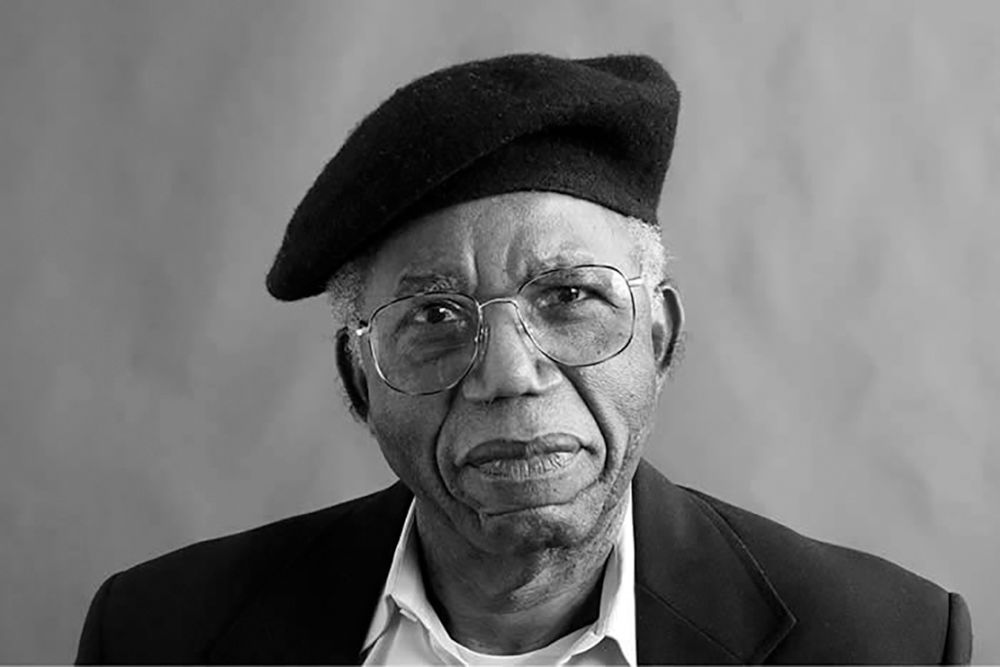Exploring Cultural Collision: “Things Fall Apart” by Chinua Achebe
As we journey through the pages of our Book of the Month for April, we find ourselves immersed in the rich tapestry of Chinua Achebe’s masterpiece, “Things Fall Apart.”
African Literature Unveiled
Achebe, hailed as the father of African literature, invites us into the heart of pre-colonial Nigeria, where tradition, customs, and ancestral legacies shape the fabric of society. “Things Fall Apart” serves as a poignant testament to the resilience and complexity of African cultures in the face of colonial intrusion.
The Story Unfolds
At the center of the narrative stands Okonkwo, a formidable Igbo warrior whose unwavering adherence to tradition and masculinity defines his identity. As we delve into Okonkwo’s world, we witness the clash between tradition and change, pride and vulnerability, as colonial forces encroach upon his homeland.
Exploring Themes of Colonialism and Tradition

“Things Fall Apart” delves deep into the repercussions of British colonialism on traditional African societies. Through Okonkwo’s struggles and triumphs, Achebe shines a light on the complexities of cultural collision, the erosion of indigenous customs, and the resilience of the human spirit in the face of adversity.
Characterization and Depth
Achebe’s masterful characterizations breathe life into a diverse cast, from the fiercely proud Okonkwo to the enigmatic and gentle-hearted Ikemefuna. Each character embodies the nuances of Nigerian society, offering readers a window into the complexities of human nature and societal dynamics.
Legacy and Impact
Since its publication in 1958, “Things Fall Apart” has left an indelible mark on literature, sparking critical discourse and reshaping perceptions of African storytelling. Achebe’s unflinching portrayal of the African experience resonates with readers worldwide, transcending cultural boundaries and igniting conversations about identity, power, and the legacy of colonialism.
A Call to Reflection
As we navigate through the intricacies of “Things Fall Apart,” let us reflect on the enduring themes of cultural identity, resilience, and the quest for dignity in the face of oppression. Let us honor Achebe’s legacy by embracing the richness and diversity of African literature and continuing to amplify marginalized voices in the literary landscape.




